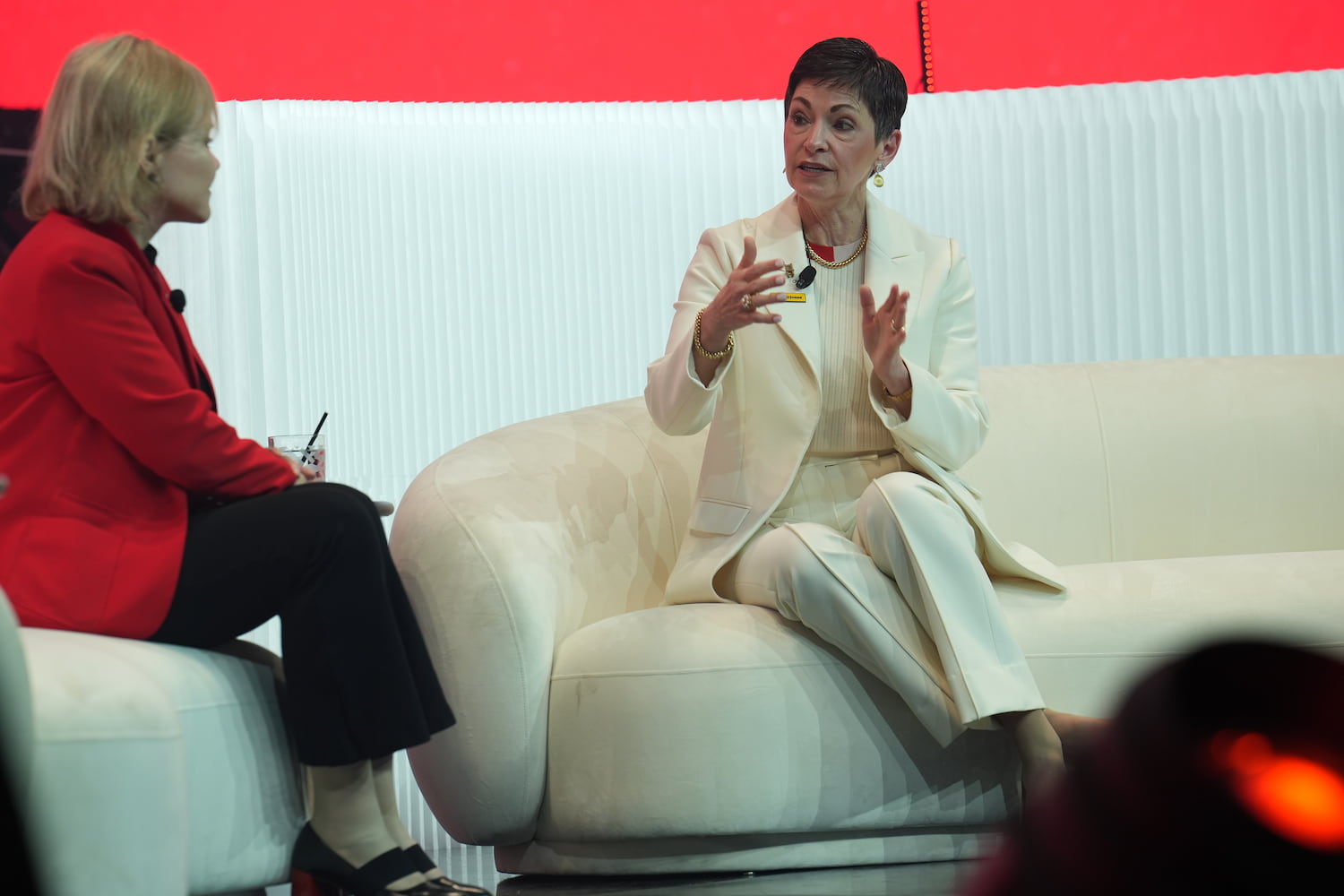
Black employees, DEIB, Diversity & Inclusion, Employee Experience, FOR ALL, Women in the Workplace
When leaders focus on women as a single group, they overlook the barriers for women of color.
In our study of Women in the Workplace, we found that African American or Black women face larger hurdles to advancement compared to their Caucasian or White counterparts. In fact, they are the least likely group to feel included in the workplace. At the executive level, for example:
- 86% of African American or Black women feel included at work.
- 94% of Caucasian or White women feel included at work.
- 95% of Caucasian or White male feel included at work.
Despite this reality, African American or Black women remain in their jobs. Why?
The “quit and stay” phenomenon
"Quit and stay" refers to individuals who have mentally checked out. They do just enough work to meet minimum expectations and fly under the radar. This mentality chokes employee engagement, slows productivity and stifles innovation.
Like many Black women, I have been there.
Earlier in my career, I stayed at a company two years too long, despite the fact that it was sucking the life out of me. I was the only Black woman on my team and I was not part of the clique nor given the same level of support as my team members.
Sales deals I closed were taken from me and given to other colleagues with the false assurance that “I would be taken care of.” I felt I was set-up for failure from day one! I felt underappreciated, unsupported, disrespected and alone.
Yet, I stayed.
Leaders who put all women into one group are making a mistake
After reviewing our research from the Women in the Workplace study, I realized that my experience was not unique. In fact, many Black women feel trapped.
To understand how quit and stay is showing up in the workplace among Black women, we analyzed whether they feel:
- Their workplace is a psychologically healthy
- Management shows sincere interest in them as a person
- Their work has special meaning
- They are willing to give extra on the job
- They would recommend their workplace to others.
Analyzing 699,761 Trust Index™ surveys Great Place To Work collected between August 2018 and June 2019, we compared quit and stay among different demographics. We found that African American or black women are affected most often by this phenomenon.
- The odds of experiencing quit and stay is 75% higher among Black women compared to Caucasian or White men and 20% higher compared to Caucasian or White women.
- African American or Black women who don’t endorse their company to friends and family are 28 times more likely to quit and stay than Caucasian or White women.
What leads some Black women to completely check out, mentally, physically, and emotionally? And, what drives them to stay?
Why quit?
- Feeling ignored and alienated: When no one else looks like you at the table, it's lonely. Black women need to seek out their own support system with people who can be trusted with their feelings and who will have their back. Typically, that connection happens when you find individuals like you.
"This has been a challenging year here for me,” a Black female employee survey respondent said. “There was a significant amount of time midyear when I did not feel supported. I seriously contemplated leaving the company, for the first time in almost 3 years."
- Lack of purpose, but a doable job: Lacking a connection to your job and the business leads many women to quit. These women feel like they are in a dead-end position where no one will take them seriously. They are viewed as “workers” and not as experts in their space.
"Employees bettering themselves should matter and count for something,” said a Black woman experiencing quit and stay. “Being fair should be something we honestly stand by. You should not disregard people who help the company succeed."
- Ingrained stereotypes: At some point in their career, a Black woman has been referred to as “aggressive,” “angry” or “opinionated.” These are women who want to contribute and make a difference. These women are driven and passionate. So why the negative association? These women should be called “assertive,” “passionate” and “confident.
One study found that a Black woman is more harshly evaluated at work, "because she’s two degrees removed from the prototype of a 'leader,' which is a white male," said Robert Livingston, a professor at the University of Sussex who has studied this phenomenon.
Why stay?
- Care-giving roles: Among the 53,516 African American or Black women in our study, 71% had care-giving responsibilities (children and/or elders). In contrast, only 45% of the 244,817 Caucasian or white women in our study had care-giving responsibilities.
- Fear of negative stereotypes: If Black woman leaves, will the “I told you so” narrative paint her as someone who gave up because she couldn’t perform? Will she forever put a stain on all other African American or Black women who come after her?
- No better options: Where do they go from here? Is the grass actually greener on the other side? Why would they leave one place for somewhere else where the experience may be the same, or even worse?
The data exposes that Black women suffer from exclusion at work more than their counterparts. It’s time for leaders to act. The first step is to understand the real reasons why some people aren’t engaged at work. To get answers, survey your employees and use HR analytics to eliminate quit and stay from your workplace culture.











